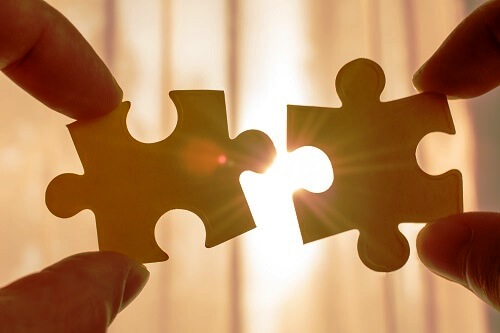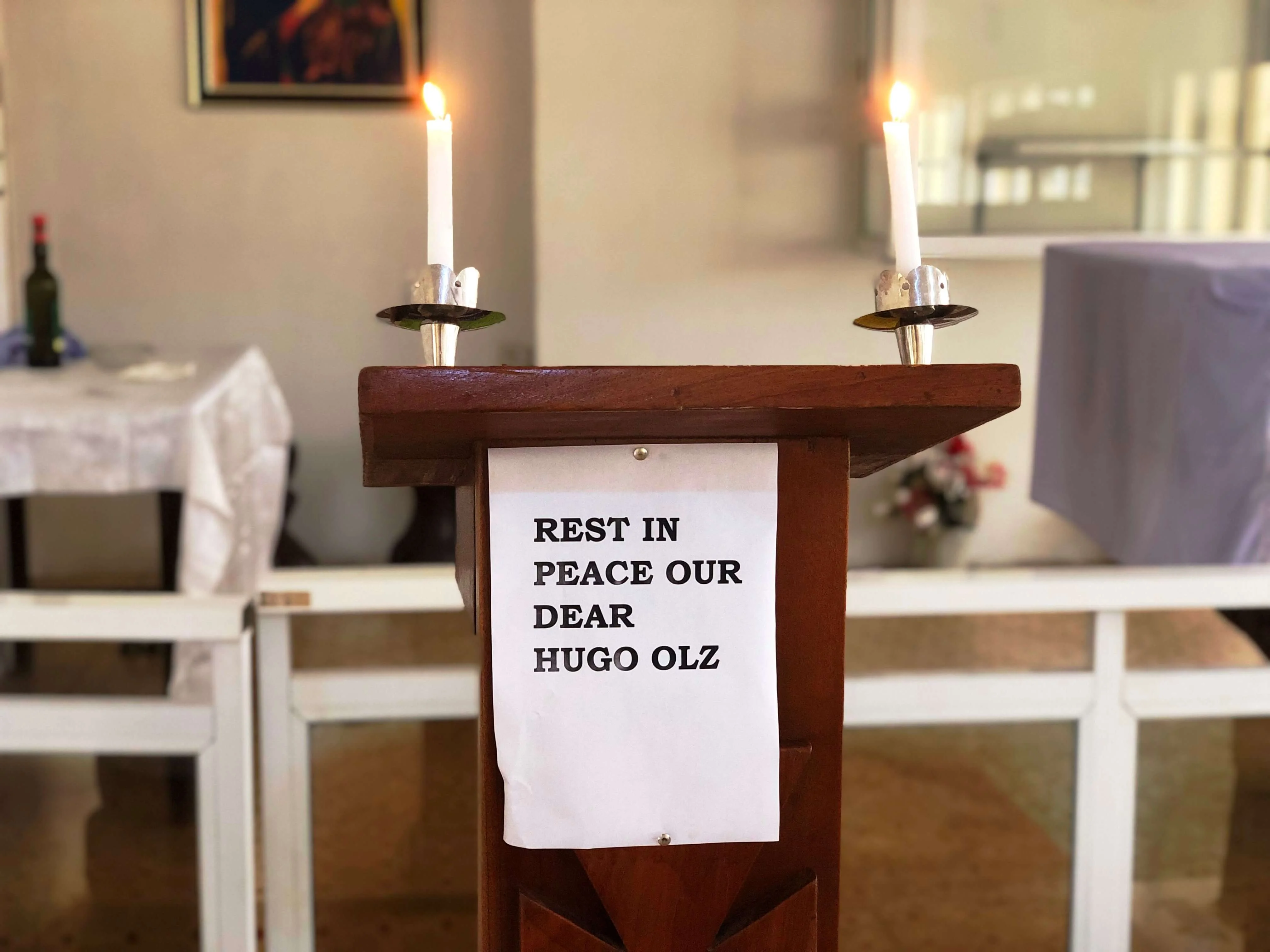
27th November, 2020
Ethics is about life. It is the study and discipline for rational beings to know the distinction between good and evil. Ethics is about doing the right thing, making the right choices, protecting the common good, promoting good behaviour and avoiding harm. Ethics helps to promote collaboration and community coexistence and is a subject taught within the family, in schools and higher education institutions. Through ethics, young people and adults reconnect with a moral and ethical compass for life by practising virtue. It is indeed clear that without ethics and values-based education, a better world is not possible. Our common challenge, therefore, is to integrate ethics in education so that people think ethically, govern ethically and act ethically.
As is widely known, humanity stands at the crossroad on a global scale. There is this disparity and disconnect due to the lack of ethical ingredients in the way human beings think and do things. We seem to have reached a dead end with unethical behaviour and practices leading to dysfunctional societies, climatic disasters, economic declines and political gridlocks. We see these dead-ends in the world of business and politics, commerce and industry, governance and education, religion and culture, in technology and social behaviours, thus the confusion, the disorientation and the lack of happiness that are noticeable everywhere. We are aware that the centre is not holding any more.
Modern society has brought much progress to the fields of the arts, medicine, agriculture, sciences, longevity, technology and lifestyles. Yet, people are not happy, and many seem not to find orientation towards ethical values or some rational meaning in anything. Modern society, unfortunately, has continued to build walls of racial and class distinctions, gender bias and ideological contradictions, which distort a better world for everybody. In the past, people lived according to specific values; they knew what to hold on to. There was a difference between a truth and a lie, and children were cultured accordingly. Currently, there is an urgent need to re-discover such sustainable values. This disconnect happens when the past is disjointed from the present; when the present is disconnected from the future; when intergenerational transmission of knowledge and values is not happening.
Ethics happens to be the glue. Societies in the past held onto God. Religion and its values helped orientate communities. Religion remains a traditional domain of the divine guiding communal and individual behaviour. In a growing secularised world, religion is pushed to the margins and even manipulated, thus the gap. There is, therefore a need to bring consensus around life and around ethics as a moment of unifying focus. This is necessary because religious, philosophical, educational, traditional and cultural traits contribute to making life meaningful and thus ethical and valuable. Ethics is a rational moment.
Ethics is the moment that helps build togetherness with a rational platform because of humanity's ability to think. It doesn't have to be a clash of cultures or religions, but rather a search for harmony.
Ethics is the moral compass for doing good, which is innate, and every human being has this capacity. Human beings have the ability to think. And to do good. They can also do evil because they are free to decide with their freewill. Freewill and enlightened conscience can help people choose between right and wrong.
Humans can say yes or no. Ethics helps us do so based on rational thinking. Due to the lack of constant rational reflection before action, or even because of it, people sometimes fail to take a moment to ask, "Why am I doing this?" and "What consequences does it have on others?" The market drives you to buy something for the sake of buying something. At such times, passion and the urge to buy drives you. Ethical reflection could help to slow down the act before you act.
Ancient wisdom teaches us that thought and reflection help us to act better. Thus, "sow a thought and reap an act, sow an act and reap a habit, sow a habit and reap a character, sow a character and reap a destiny". The first is the thought. If the thought was values-based in the first place, the end product which leads to destiny should be values-inclined also. If the thinking is not correct, a bad habit is formed. It also leads to consequences.
Education has a value to add by integrating ethical thinking in the young as they shape the future. The idea of the autonomous individual, which is a philosophical debate in modern society is fanciful but is not compelling. Likewise, current debates promoting deconstructivism as a theory fail to show a human being as a tabula rasa. One is always born in a community of others and as the African wisdom teaches: "UMuntu Ugabantu Mgamuntu " meaning – "A human being is human through other humans". In the rich words of Professor John Mbiti, "I am because we are; since we are, therefore, I am". This wisdom is applied across life. For example, arithmetic is a subject teaching the use of numbers, while ethics applies this knowledge to connect humans and all life in the world. The transformation of society through ethical education elevates the quality of education that has values. When we negate ethics, we increase the potential for a global crisis.
In the 21st century, ethics challenges us to reflect on the reality of children going hungry at night without food, without water, without basic health care and education in a world that can afford to meet the basic needs of all. Why should babies in Africa die of malaria, knowing that we have enough medication to cure the disease? They can't be cured because some people have taken money that belongs to the common good and kept it for themselves alone. The culture of corruption is not sustainable. Ethics teaches us to imbibe principles of solidarity, respect for human dignity, regard for the common good and promotion of all life. When we learn the principles of respect for our own life and the lives of others, we learn to integrate diversity and inclusion. There are challenges to being ethical, especially where vice and lack of knowledge are precedents, but the learning process helps reduce fanaticism. People who do not know tend to be inward-looking, holding only to the things they know and resisting such great ideas that open up to a universal human family, irrespective of colour, creed, language and social class.
Thought leadership is the challenge of the 21 century. It needs leaders with rational thinking, moral integrity and ethical standing who work to create a world for everybody.
Obiora Ike
Globethics.net Executive Director




